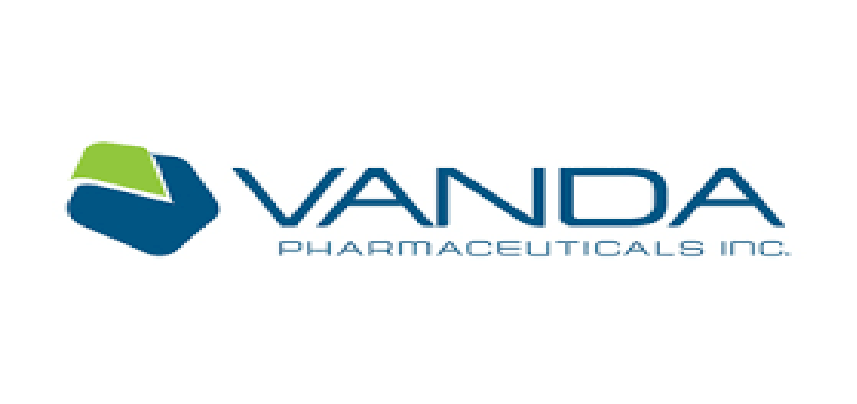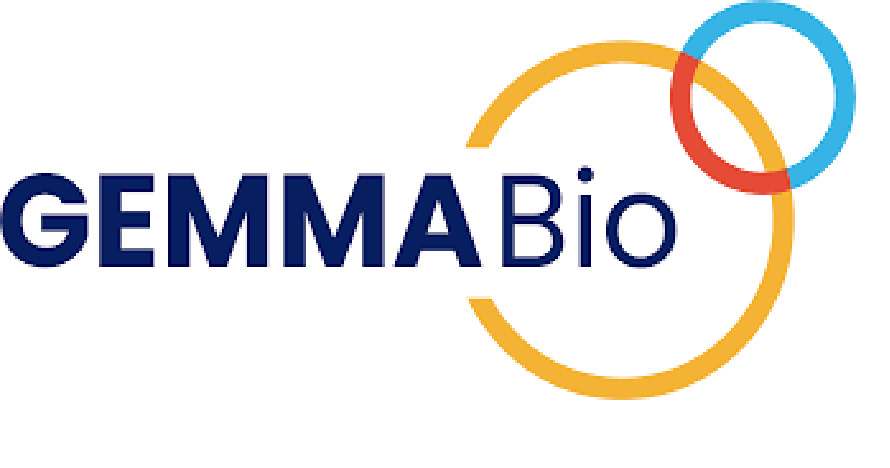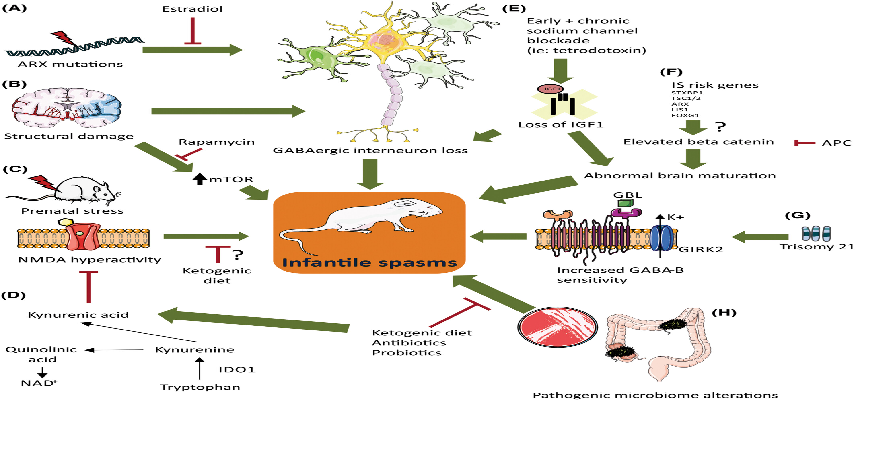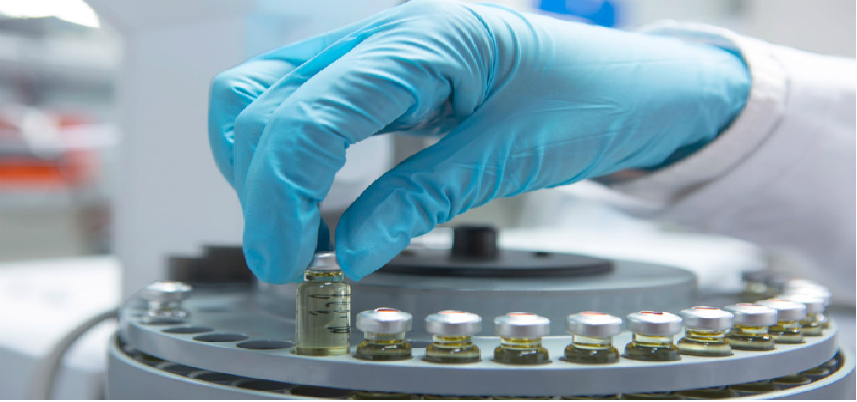Regeneron Pharma announces phase 3 trial of Evkeeza in children aged 5 to 11 with homozygous familial hypercholesterolemia meets primary endpoint
Regeneron Pharmaceuticals, Inc., a leading biotechnology company, announced positive results from a phase 3 trial evaluating Evkeeza (evinacumab) in children aged 5 to 11 with homozygous familial hypercholesterolemia (HoFH). The trial met its primary endpoint, showing children who added investigational Evkeeza to other lipid-lowering therapies reduced their low-density lipoprotein-cholesterol (LDL-C) by 48% at week 24 on average. Detailed results were presented at the 5th European Atherosclerosis Society Paediatric Familial Hypercholesterolemia symposium and will form the basis of a regulatory submission to the US Food and Drug Administration (FDA) later this year. "Children living with HoFH have an incredibly rare and severe disease that causes dangerously high LDL-C levels. On current treatment options alone, many patients don't reach their treatment goals, leaving them with an uncertain future," said M. Doortje Reijman, M.D., Research Associate in Pediatric Metabolic Diseases and Nephrology at the Amsterdam University Medical Center, and a trial investigator. "Evinacumab has already demonstrated significant LDL-C reductions in adolescents and adults with HoFH. This latest Phase 3 trial illustrates the potential of this medicine to be a breakthrough HoFH therapy for children as young as 5-years old, helping them control their LDL-C early in the course of their disease." Despite treatment with other lipid-lowering therapies, children (n=14) entered the trial with an average LDL-C level of 264 mg/dL, more than twice the target (<130 mg/dL) for paediatric patients with HoFH. After 24 weeks of Evkeeza treatment (15 mg/kg every 4 weeks delivered intravenously [IV]), the Phase 3 trial met its primary endpoint with additional results showing: 79% of patients reduced their LDL-C by at least half; An absolute 132 mg/dL reduction in LDL-C from baseline, on average; Reductions in levels of all lipid endpoint parameters assessed, which were generally observed within the first 8 weeks of treatment. These lipid parameters were apolipoprotein B, non-high-density lipoprotein cholesterol, lipoprotein(a) and total cholesterol. Evkeeza was generally well-tolerated with all patients completing the trial. The most common adverse events (AEs) were throat pain (oropharyngeal pain, 21%) as well as upper abdominal pain, diarrhoea, headache and nasopharyngitis (all 14%). There were 2 severe AEs (aortic stenosis and tonsilitis), both of which were considered unrelated to treatment. Evkeeza is the first ANGPTL3-targeted (angiopoietin-like 3-targeted) therapy approved by the FDA (as evinacumab-dgnb) and European Commission as an adjunct therapy for certain patients aged 12 years and older with HoFH. The potential use of Evkeeza in HoFH patients aged 5 to 11 years is currently under clinical development, and its safety and efficacy have not been fully evaluated by any regulatory authority. HoFH is an ultra-rare inherited condition, and the most severe form of familial hypercholesterolemia (FH). The disease affects 1 in 160,000 to 300,000 people worldwide and approximately 1,300 in the US HoFH occurs when two copies of the FH-causing genes are inherited, one from each parent, resulting in dangerously high levels (>400 mg/dL) of LDL-C, or bad cholesterol. Those living with HoFH are at risk for premature atherosclerotic disease and life-threatening cardiac events as early as their teen years. The phase 3 data are the Part B portion of a three-part, single-arm, open-label trial evaluating Evkeeza in pediatric patients with HoFH aged 5 to 11 years. In Part B, 14 patients were enrolled with an average age of 9 years. Among them, 86% were on statins, 93% were on ezetimibe, 50% were on LDL apheresis and 14% were on lomitapide. During the 24-week treatment period, patients received Evkeeza 15 mg/kg every four weeks via IV alongside their lipid-lowering treatment regimen. The primary endpoint was change in LDL-C at week 24. Secondary endpoints included the effect of Evkeeza on other lipid parameters, efficacy by mutation status, safety and tolerability, immunogenicity and pharmacokinetics (PK). Part A was a phase 1b trial designed to assess the PK, safety and tolerability of Evkeeza. Patients who completed Part A or B were allowed to continue treatment in Part C, an ongoing Phase 3 extension trial. Parts A, B and C were not designed to evaluate the effect of Evkeeza on cardiovascular events. Evkeeza was invented using Regeneron's VelocImmune technology and is a fully human monoclonal antibody that binds to and blocks the function of ANGPTL3, a protein that inhibits lipoprotein lipase (LPL) and endothelial lipase (EL) and regulates circulating lipids, including LDL-C. Regeneron scientists discovered the angiopoietin gene family more than two decades ago (see publications from 1996, 1997 and 1999). Human genetics research published in New England Journal of Medicine in 2017 by scientists from the Regeneron Genetics Center found that patients whose ANGPTL3 gene did not function properly (called a "loss-of function mutation") have significantly lower levels of key blood lipids, including LDL-C, and that this is associated with a significantly lower risk of coronary artery disease. The generic name for Evkeeza in its approved US indications is evinacumab-dgnb, with dgnb the suffix designated in accordance with Nonproprietary Naming of Biological Products Guidance for Industry issued by the US FDA. The safety and effectiveness of Evkeeza have not been established in patients with other causes of hypercholesterolemia, including those with heterozygous familial hypercholesterolemia (HeFH). The effect of Evkeeza on cardiovascular morbidity and mortality has not been determined. Regeneron is responsible for the development and distribution of Evkeeza in the US and is collaborating with Ultragenyx to clinically develop, commercialize and distribute Evkeeza outside of the US. Regeneron's VelocImmune technology utilizes a proprietary genetically engineered mouse platform endowed with a genetically humanized immune system to produce optimized fully human antibodies. When Regeneron's president and chief scientific officer George D. Yancopoulos was a graduate student with his mentor Frederick W. Alt in 1985, they were the first to envision making such a genetically humanized mouse, and Regeneron has spent decades inventing and developing VelocImmune and related VelociSuite technologies. Dr. Yancopoulos and his team have used VelocImmune technology to create approximately one in five of all original, FDA-approved fully human monoclonal antibodies currently available. This includes Evkeeza (evinacumab-dgnb), REGEN-COV (casirivimab and imdevimab), Dupixent (dupilumab), Libtayo (cemiplimab-rwlc), Praluent

Optimize Your trial insights with Clival Database.
Are you exhausted from the uncertainty of trial insights pricing? Clival Database ensures the clarity in the midst of the global scenario for clinical trials to you.Clival Database is one of the best databases that offers an outstanding number of clinical trial data in terms of 50,000+ molecules and from primary regulatory markets as well as new entrants like Indian and Chinese markets.
With Clival, you get accurate positioning of historical sales data, patent database, company profiling, safety & efficacy, and prediction of launch of new innovative molecules helping you to align your research and driving down the cost.
To add value, we further break down our analytics for you so that improving your operational effectiveness; optimizing your clinical trials; and offering you accurate and high-quality data at lowest possible prices becomes possible.
Elevate your trial success rate with the cutting-edge insights from Clival database.
Check it out today and make more informed sourcing decisions! Learn More!







